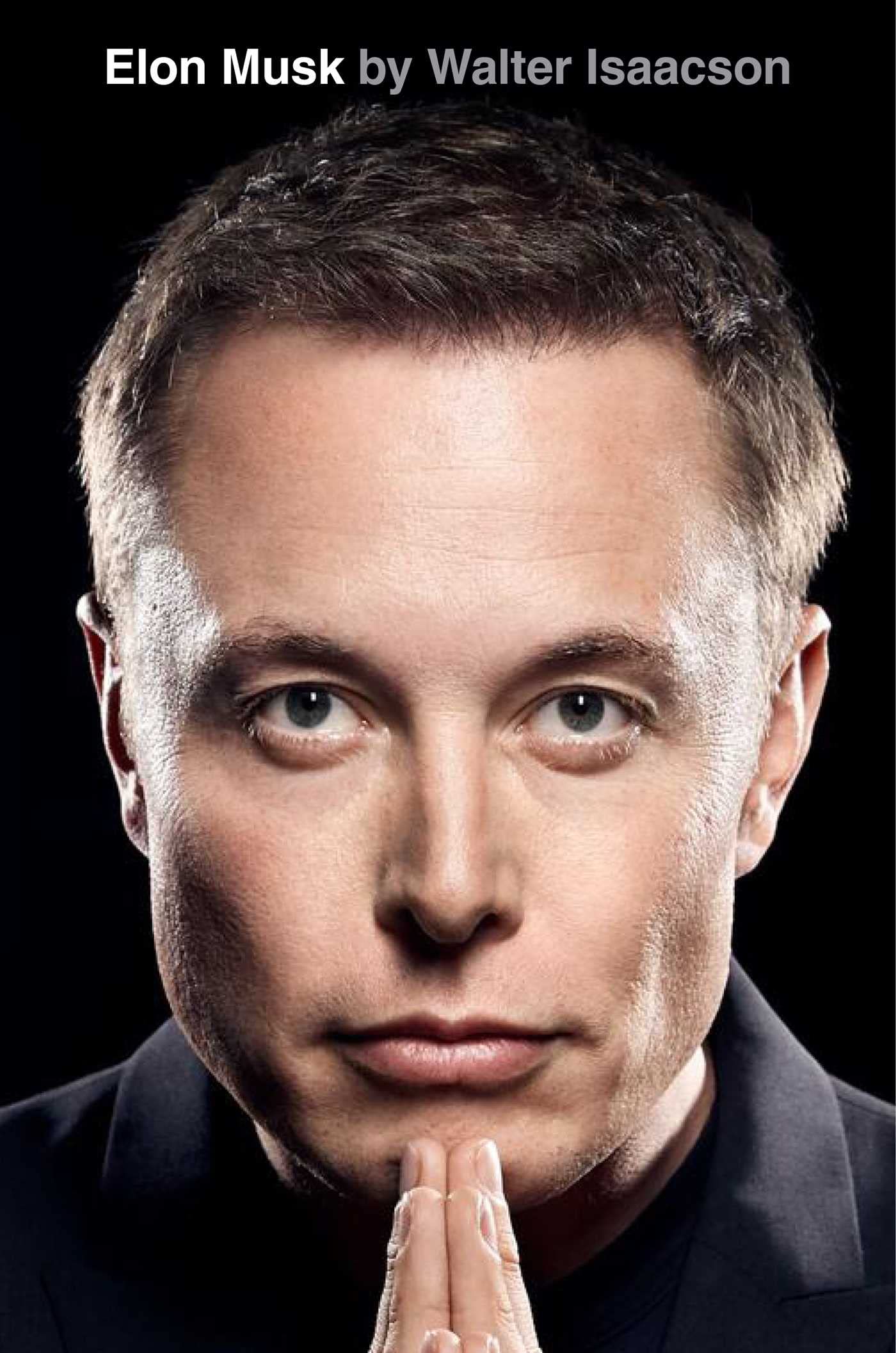20. Founders
byFounders of Tesla Motors played an instrumental role in shaping the company’s foundational path, creating a lasting impact on the electric vehicle (EV) industry. The team behind the startup—comprising Jeffrey Brian (JB) Straubel, Martin Eberhard, Marc Tarpenning, and Elon Musk—was a combination of innovative minds with diverse backgrounds and complementary strengths. Straubel, driven by an early fascination with electric vehicles in his Wisconsin childhood, developed a deep technical understanding of electric propulsion and battery systems. His passion was evident when he converted a Porsche into an electric car while at Stanford University, marking his first major experiment with EV technology. However, despite his talent and vision, securing the necessary funds to bring his ideas to market proved challenging. That was until Elon Musk, who had already made a name for himself with the success of PayPal, entered the scene with the financial backing and shared vision to fuel Straubel’s aspirations. Musk’s interest in electric vehicles aligned with Straubel’s, leading to Musk’s investment in the company, providing crucial capital to help get Tesla off the ground.
At the same time, Martin Eberhard, a Silicon Valley entrepreneur, was motivated by his environmental concerns and frustrations with the inefficiency of gasoline-powered vehicles. Eberhard’s goal was to create an electric car that did not compromise on performance, luxury, or aesthetics. His initial breakthrough came when he discovered the tzero prototype by AC Propulsion, a forward-thinking electric car design that inspired him to start his own company dedicated to bringing such technology to the mainstream market. Eberhard teamed up with Marc Tarpenning, who shared a similar vision, and together they co-founded Tesla Motors in 2003. The name they chose for their company was a tribute to Nikola Tesla, the famed inventor who revolutionized electricity and electromagnetism. Their goal was clear: to develop a high-performance electric vehicle that would challenge the traditional automobile industry while simultaneously contributing to environmental sustainability.
Musk’s path converged with Eberhard and Tarpenning when he began to explore the possibilities of electric vehicle technologies. His initial foray into the electric car market was fueled by an interest in making a significant impact on both the automotive industry and global energy consumption. After experiencing the performance and potential of the tzero prototype firsthand, Musk was convinced of the transformative power of electric vehicles. He realized that to fully realize the vision of electric cars becoming mainstream, they needed to have high-performance capabilities, not just be a lower-priced alternative to traditional vehicles. Musk’s push for a premium electric sports car as Tesla’s first product came with significant internal debate, as there were some initial plans to build a more affordable car. However, Musk’s decision to develop a top-tier roadster was a defining move, setting Tesla apart from other companies that were primarily focused on lower-cost EVs. By doing so, Musk ensured that Tesla would not only revolutionize electric cars in terms of performance but also create a desirable product that would capture the attention of the luxury automobile market.
This collaboration between Musk, Straubel, Eberhard, and Tarpenning set the stage for Tesla’s entry into the market with a product that would serve as a breakthrough in the electric vehicle industry. The company’s mission went beyond creating a successful car company—it was about fostering a sustainable energy future, aligning with Musk’s broader vision of transforming energy consumption. Tesla was set to prove that electric vehicles could be more than just eco-friendly options; they could also outperform conventional gasoline-powered cars. By producing an electric vehicle that was not only efficient but also exciting to drive, Tesla sought to alter the perception of electric cars as slow, unappealing alternatives. Through their collective efforts, these founders were able to position Tesla Motors as a leader in the EV market, signaling to the world that electric cars were not just a fad but a viable, long-term alternative to traditional vehicles.
The successful foundation of Tesla Motors would go on to inspire future generations of engineers, designers, and entrepreneurs dedicated to solving the world’s energy and environmental problems. The efforts of the Tesla founders emphasized the power of innovation, teamwork, and a bold vision that transcended the traditional boundaries of the automotive industry. Through their work, they laid the groundwork for a company that would eventually revolutionize not just the car industry, but the entire global energy sector. Tesla’s success demonstrated the importance of collaboration, vision, and a relentless drive to push the boundaries of what is possible, ultimately making the company one of the most influential technological and environmental pioneers of the 21st century. Their journey was a testament to the transformative potential of disruptive innovation in industries that had long been dominated by established players.


